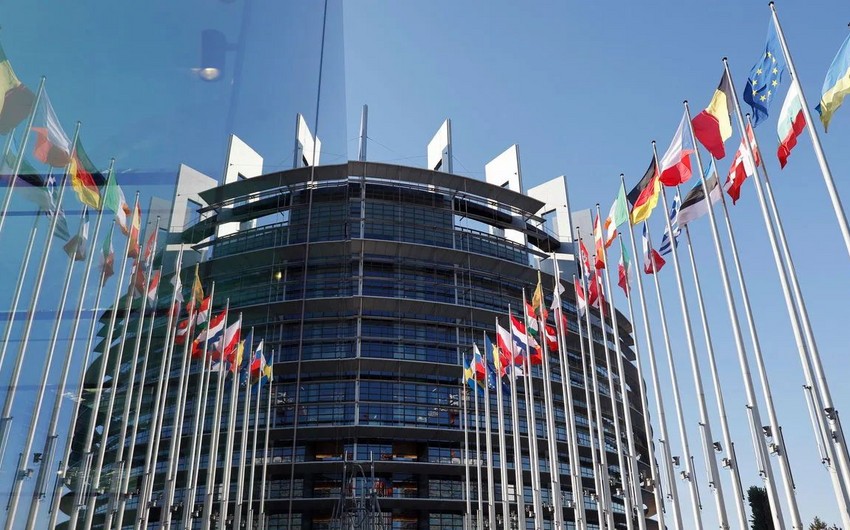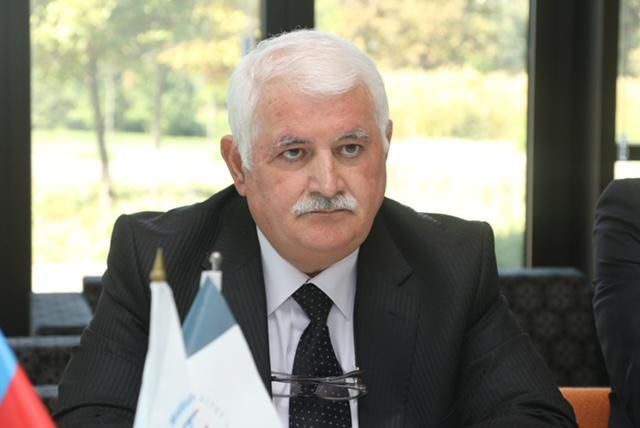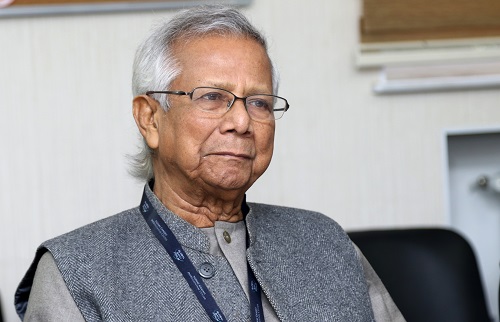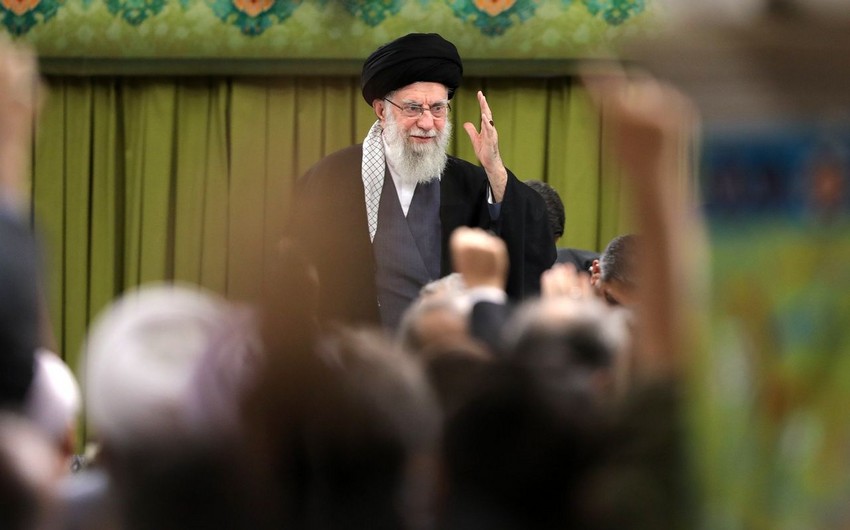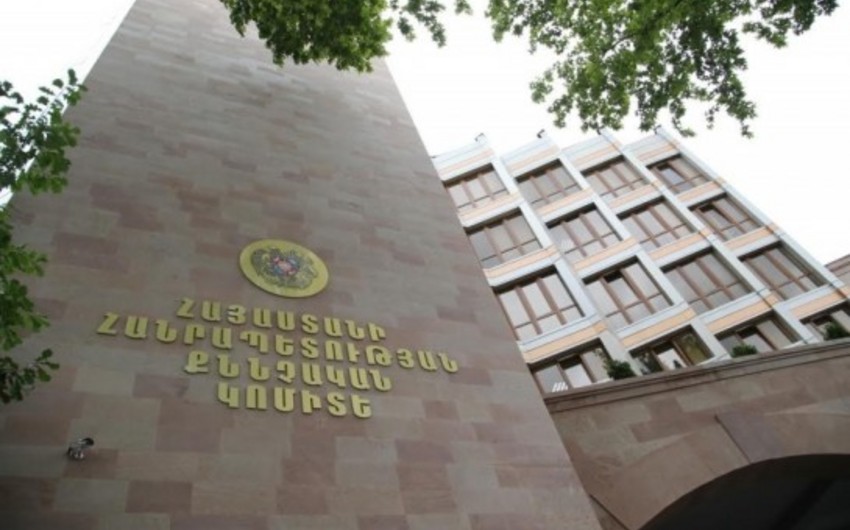The European Parliament has once again confirmed its role as a frivolous, unnecessary, intrigue-driven, and divisive institution.
On October 24, the Parliament adopted a resolution on human rights violations in Azerbaijan and the state of international law in relation to Armenia.
It is unfortunate that 453 deputies voted in favor of this document. This reflects the nature of the parliament's composition. These deputies may not even know the geographical location of Azerbaijan or Armenia. Their support for the resolution is, therefore, laughable.
With this document, the parliament has shown its inability to address pressing global issues effectively.
The resolution states that communication issues between Azerbaijan and Nakhchivan (?) should be resolved with full respect for Armenia’s sovereignty and territorial integrity. This reveals the geographical and legal ignorance of the document’s authors. The deputies still fail to recognize that Nakhchivan is Azerbaijani territory. Can they make a similar statement about "communication issues between Upper and Lower Normandy in France"? Certainly not, because any educated person knows these regions are part of France.
It seems deputies needed an introductory course on the South Caucasus region before addressing this issue. The resolution’s reference is to a route connecting western regions of Azerbaijan with Nakhchivan—a route within Azerbaijan itself.
Furthermore, Yerevan agreed to open the Zangezur route in the statement it signed on November 10, four years ago. Therefore, by emphasizing “territorial integrity and sovereignty” in this matter, the deputies effectively support Iran’s baseless “red line.” Iran’s leadership and officials have declared that opening the Zangezur route would allegedly violate Armenia’s territorial integrity and named this their “red line.”
In protecting Armenia, the deputies have shown their true colors: “The European Union reaffirms its readiness to impose sanctions on any individuals or entities that pose a threat to Armenia’s sovereignty, independence, or territorial integrity.”
This resembles the criminalization of “genocide” denial, as happened with the Armenian claims of genocide in France.
In this resolution, the European Parliament infringes on freedom of speech and thought by supporting Armenia, effectively trying to block the return of approximately 300,000 Western Azerbaijanis to their historical lands.
The deputies ignore the trampled human, property, and civil rights of the Western Azerbaijanis and oppose their return movement. Recently, Azerbaijan's National Assembly established an Initiative Group on Return to Western Azerbaijan. Those voting in favor of the resolution have tried to undermine this process and impose sanctions on the Azerbaijani Parliament without any justification.
In the resolution, the European Parliament deputies voiced another baseless claim, requesting that Azerbaijan comply with the decision of November 17, 2023. They urge the Azerbaijani authorities to “fully implement all decisions to ensure the safe, unimpeded, and swift return of residents from Karabakh.”
Here, they are also mistaken. Azerbaijan did not expel those Armenians. President Ilham Aliyev repeatedly invited them to integrate into Azerbaijani society, but they chose to leave voluntarily. Yet 35 years ago, approximately 300,000 Western Azerbaijanis were forcibly expelled from what is now Armenia, deprived of their properties, and removed from citizenship without any notice. For 36 years, their lands have been given to Armenians relocated from abroad. This violates internationally recognized rights. The deputies who voted for the resolution turn a blind eye and a deaf ear to these issues.
The resolution calls on the EU to suspend all technical and financial support for Azerbaijan that could enhance its military or security capabilities and for member states to freeze exports of all military and security equipment to Azerbaijan.
France, an EU member, plays a leading role in arming Armenia. This country held another nation’s territories under occupation for 30 years, yet the European Parliament ignores this.
In 1992, the U.S. Congress made a similar mistake with "Amendment 907." The European deputies are now calling to repeat the same mistake made by American lawmakers 32 years ago.
The European Union’s civilian monitoring mission is deployed on the conditional border between Azerbaijan and Armenia. In the resolution, deputies call for strengthening the mandate of this mission in Armenia, extending its scope and duration.
The mission was initially intended to be short-term, but efforts from Yerevan and Paris have kept it going for nearly two years. During this period, Armenia has provoked incidents on the conditional border multiple times, even admitted by the mission and Yerevan. However, no restrictive actions have been taken against Armenia, revealing the mission’s bias against Azerbaijan. Thus, this part of the resolution does not reflect reality.
On October 24, during the BRICS summit in Kazan, Tatarstan, Azerbaijani President Ilham Aliyev and Armenian Prime Minister Nikol Pashinyan held a direct bilateral meeting. It is likely that they discussed issues arising from the recent visit to Baku and Yerevan by U.S. President Joe Biden’s Special Assistant Michael Carpenter. The President and Prime Minister instructed their Foreign Ministers to finalize a peace agreement as soon as possible.
Thus, the European Parliament’s intervention is an inappropriate meddling in Azerbaijan-Armenia relations. An old Sumerian proverb says, “In a quarrel of butchers, the sheep's siding changes nothing of its fate.”
This fate suits the deputies of the European Parliament well.
Note: This material is published with reference to Report Information Agency.

